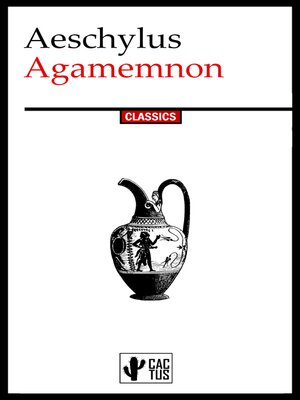
Sign up to save your library
With an OverDrive account, you can save your favorite libraries for at-a-glance information about availability. Find out more about OverDrive accounts.
Find this title in Libby, the library reading app by OverDrive.



Search for a digital library with this title
Title found at these libraries:
| Library Name | Distance |
|---|---|
| Loading... |
Agamemnon, ruler of the polis of Argos, on leaving for the Trojan War had no favorable winds, so to propitiate himself to the gods he had sacrificed his daughter Iphigenia, a maiden of exceptional beauty. The winds then had begun to be propitious and the fleet had been able to sail to Troy. But Clytemnestra, his wife, meditates revenge for her daughter's sacrifice. When Agamemnon returns from the war, she thus convinces Aegisthus, her husband's cousin and her lover, to help her in the bloody undertaking. The first chapter of the Oresteia - it is in fact completed with The Libation Bearers and Eumenides - Aeschylus' Agamemnon vivisects the value heritage of ancient Greece to make it the battleground of the feelings of all humanity, beyond any attempt at temporal limitation. At the center of the tragedy is revenge. Revenge as a way to express feelings, but also revenge as damnation: for to every human action there is a reaction, Aeschylus seems to tell us, and this defines our responsibilities in the face of our own and others' pain.







